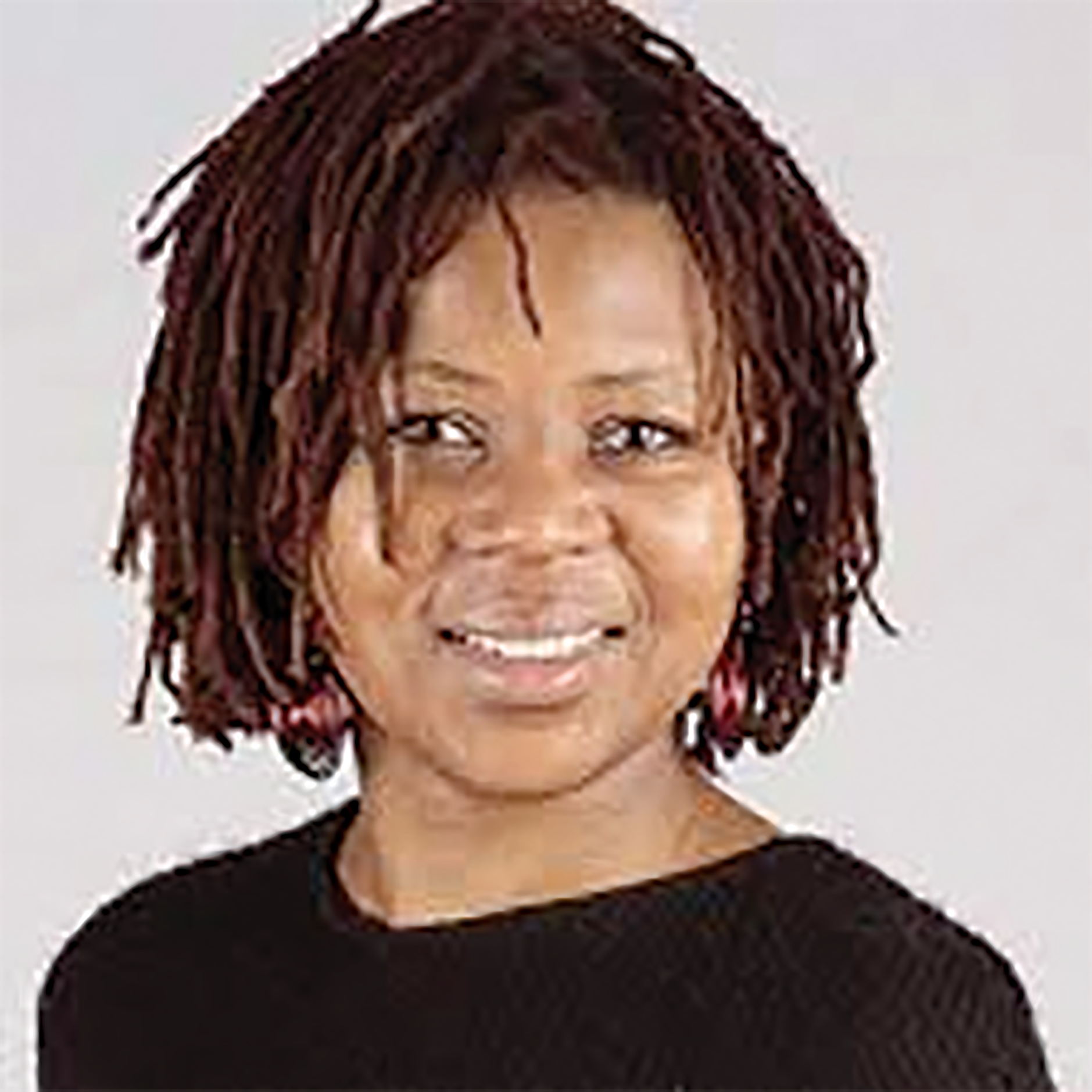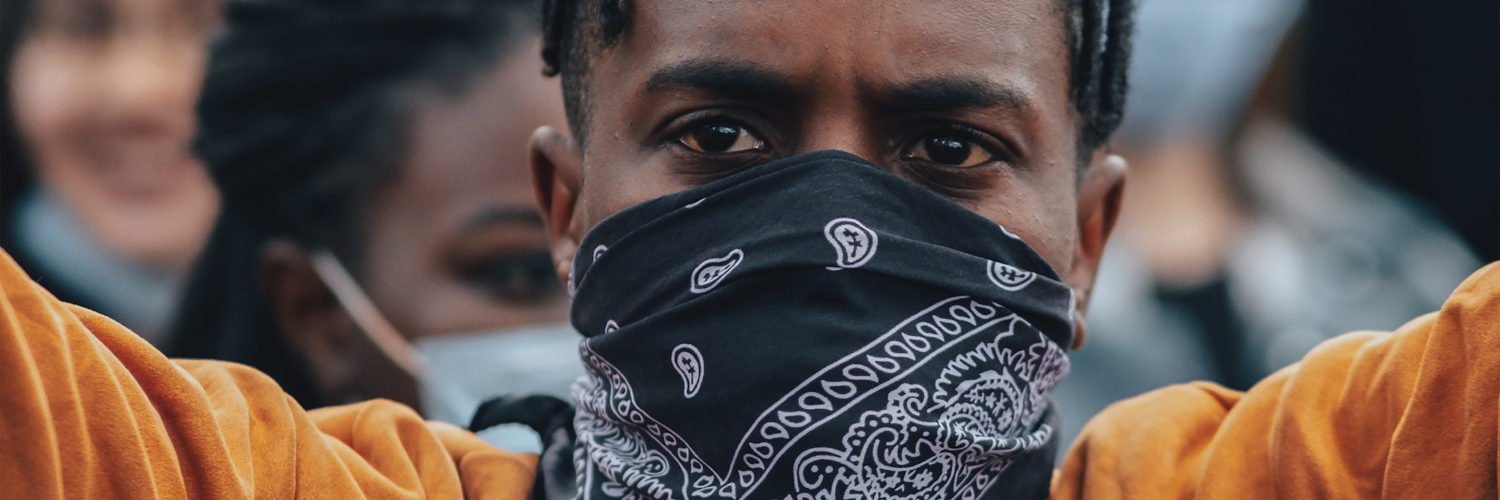SOCIAL CONTRACT: In France, Black and Arab minorities are excluded from the country’s liberal values—and then treated as threats to them…

By Polo B. Moji
Amid the pomp of France’s Bastille Day celebrations on July 14, lingered a shadow over French republicanism that not even the guest of honour, Indian Prime Minister Narendra Modi, could disguise.
The death on June 27 of Nahel Merzouk, yet another young Frenchman of colour killed at the hands of police, contradicts the country’s famous republican values: liberté, égalité, fraterinité. So, while economists estimate the damage caused by the resultant protests to be in the region of USD 730 million, the spectacular media coverage of police brutality and “violent” protest masks the more damaging rupture of the social contract between the French republic and citizens who are visible minorities.
In her 2012 autobiography, Mes météores. Combats politiques au long cours, Christiane Taubira, a member of the National Assembly of France for French Guiana (1993–2012), relates the ethnicised and racialised limits of French republicanism to everyday discrimination.
For me, it felt like mutilation. To speak of a vibrant Republic, alive with all the challenges of cohabitation, while I know it to be fragmented, deliberately ignoring the gaps of inequities that are widening and which it widens. […] There were millions in this country whose appearance, “visible identity”, predetermined their educational stream, their professional capacities, their place of residence, their place of residence, plainly their limits (translation from French).
The discourse of integration and assimilation, which emerged in the 1980s and was popularised in the 1990s by the French national football team slogan Black, Blanc, Beur (Black, White, Arab)—a play on the French flag’s three colours; Blue, White, and Red—does little to address minoritisation of racialised French citizens.
Before Nahel Merzouk was shot at point-blank range during a traffic stop in Nanterre, policing practices in the peripheral banlieues were also responsible for the June 2016 death of Adama Traoré in Beaumont-sur-Oise. Adama did not have his identity documents on him.
Neither did Zyed and Bouna, two adolescents who died after hiding from police in an electrical substation in the neighbourhood of Clichy-sous-Bois on October 27 2005.
The slogan “Mort Pour Rien” (Dead for Nothing) reflected the collective anger of the 2005 protesters in banlieues across France. Given the presumed “guilt” of visible minorities who are unable to produce ID documents at a moment’s notice, who could blame Zyed and Bouna for being so afraid that they ran and hid? Taubira, who went on to become France’s minister of justice, returns to the events of 2005 in her second autobiography Paroles de la liberté (2014), describing the accusations made by Nicholas Sarkozy (the then minister of interior) that the boys had fled because they were implicated in a robbery as “one more act of violence.”
While current President Emmanuel Macron has astutely avoided the type of incendiary language used by Sarkozy in 2005, following the death of Nahel Merzouk, the French media’s fascination with the “violence” of protesting banlieue youth echoes that nearly two decades’ past.
As Rama Yade-Zimet, the former secretary of human rights, observes in her 2007 book Noirs de France, the French media saw “black people everywhere” after the 2005 banlieue protests, feeding the fantasy that the violence of visible minorities posed a threat to “good” French citizens. In the ensuing frenzy, a meaningful conversation about the everyday discrimination against visible minorities in France failed to occur.
French republicanism limps along as a “fragmented” national space, characterised by inequalities and racialised boundaries exemplified by the weaponisation of banlieues as spaces that need to be contained. Although there are other cases of police violence in France, it is worth noting that the three cases cited here—Clichy-sous-Bois, Beaumont-sur-Oise, and Nanterre—are all banlieues of Paris.
French anthropologist Didier Fassin describes banlieues or the proverbial “space of the banished,” as having a “pejorative connotation” that can be read as shorthand for designating through generalised (and generalising) expressions such as “problèmes des banlieues” (the problems of banlieues) or “jeunes des banlieues” (banlieue youth).
Despite signifying multiple locations, “the banlieue” comes to signify a singular space for the containment of those who do not belong, underscored by the political narrative of protecting “good” citizens.
In the French media, the narrative is that of a “menacing space” which poses a threat to “French republican identity” without considering how French citizens who are visible minorities are excluded from “liberty, equality, fraternity.”
Watching French politicians and pundits discuss how to better “teach” republican values to protesting youth ahead of Bastille Day celebrations, one wonders when proponents of French republicanism will acknowledge there is reason to be angry when the promise of such values is not experienced equally by all citizens.
- Polo B. Moji is an associate professor in the English Literary Studies department at the University of Cape Town. Her recently published monograph is Gender and the Spatiality of Blackness in Contemporary AfroFrench Narratives. The article was sourced from Africa is a Country, is a site of opinion, analysis, and new writing on and from the African left
Comment
EMBRACE MADIBA’S IDEALS OR BE DOOMED
The world celebrated Mandela Day this week to reflect on the values and principles of a great South African leader, Nelson Rolihlahla Mandela, who cherished the ideal of a democratic and free society where all people – Black and White – will live together and enjoy equal opportunities.
Born on July 18, 1918, Mandela spent most of his time protesting against the country’s unjust laws under the apartheid regime – actions that eventually landed him at Robben Island where he spent nearly 27 years until he was freed in February 1990, a move that signified the end of apartheid in this country.
Following successful negotiations between the ANC and the Nationalist Party government, Mandela was inaugurated as the first Black President of South Africa in May 1994. This heralded a major change in the history of South Africa where Black people lived under the shackles of draconian laws and with no voting rights for years despite the fact that they were in the majority. The ushering of a new democratic order rekindled hope that Black people will at last enjoy the fruits of liberty.
The world-renowned leader must be turning in his grave today while our government fails to implement his ideals for which he was even prepared to die for. The country is in total disarray. The rate of the unemployed people, mostly youths, has now reached alarming proportions, the spiralling cost of living has turned most people into beggars, the levels of crime are increasing daily. The energy crisis, with incessant blackouts throughout the country, has resulted in a large number of businesses closing down.
The country still has a critical shortage of schools especially in rural areas where children receive lessons under trees and are subjected to overcrowded and dilapidated classrooms. Most schools still use pit toilets which has resulted in fatal consequences where pupils drowned in these pits at some schools . Many children walk long distances to school. There is also a critical shortage of running water in most parts of the country. South Africa’s roads have deteriorated. This is a dire situation with no solution in sight.
The suffering and abject poverty continues unabated amidst reports that billions of rands that were earmarked for the improvement of lives in many of these areas had been stolen and some of the suspects have been arrested and were facing charges of fraud and theft. Sadly, however, these trials never reach finality and the culprits are still roaming the streets enjoying the stolen loot.
If the ANC- led government is serious about reflecting on Madiba’s values and principles, it must embrace his ideals which include the eradication of poverty in our midst.
‘’ As long as our people still live in utter poverty, as long as children still live under plastic covers, as long as many of our people are still without jobs, no South African should rest and wallow in the joy of freedom’’, Mandela once said.
The government must heed his warning or be doomed.





























